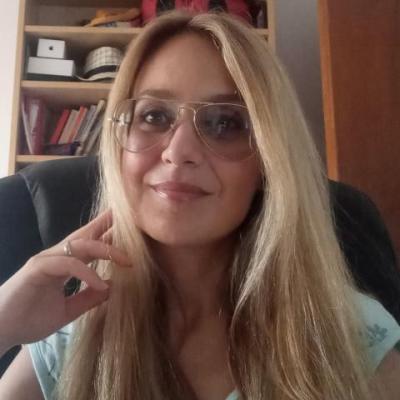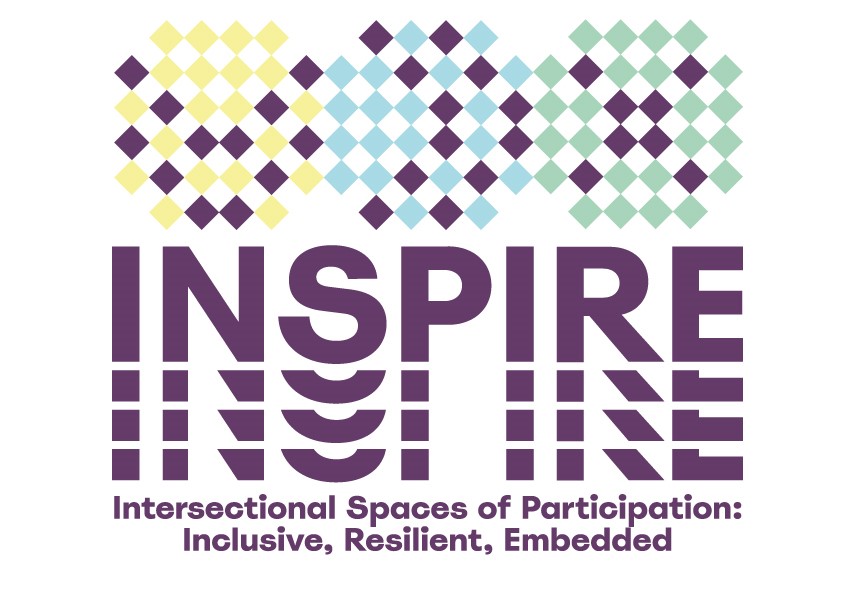INSPIRE: a new project to promote co-design of more inclusive democratic spaces
We believe that participatory deliberative democracy (PDD) can help address some of the problems facing our societies, such as declining social trust and growing polarisation, by deepening public engagement and fostering policymaking that responds better to people’s needs. But the practice of PDD to date has also raised concerns about these processes being used as cosmetic solutions to deep-seated problems that might even exacerbate exclusions along socioeconomic, gender, racial, physical and mental ability lines. The idea behind INSPIRE is to examine current and past practices through an intersectional lens and rethink participation through co-design with groups that continue to be at the margins of public life, paying attention to the socio-economic factors that shape participation patterns. For this we need to recouple democratic spaces with the political economy in which participation is embedded and address the challenge that a neoliberal economy poses to any project of genuine democratisation.
As part of this work, we plan a series of co-designed participatory processes with migrant women, older women looking to enter the labour market, people with disabilities, war refugees, diverse young people, homeless people, to reimagine what intersectional democratic spaces can look like. We want to move away from ad hoc and top-down participatory events, and instead embed participation as a process within the wider public sphere and policymaking context, building on and linking to existing grassroots work. We’ll experiment with a range of arts- based and creative methods to bring fun and creativity into political participation, recognising that democracy is relational and empathy and human connection are crucial to create and nurture spaces of dialogue and mutual trust. For instance, one of the approaches we plan to use is Legislative Theatre. Here citizens, with the help of a facilitator, develop an unscripted play about their experience of oppression and discrimination. The process can take several weeks or even months, and it might also involve citizen-led research and encounters with policymakers to support character and scene development. As part of the performance, an audience of community members and policymakers interact with the play as “spect-actors” - they are invited to literally enter the play and change the scenes to imagine a different reality with different rules. This process informs deliberative exchanges involving everyone in the room, actors and audience, to co-create policy change that can address the problems represented in the play. Citizen actors shape the agenda based on their collective experience rather than having to share their own personal stories in ways that can feel extractivist. Legislative theatre is just one of the practices we’ll use; we’ll also experiment with performance lectures, living labs and play and gamification, with the aim to further develop and strengthen these approaches through co-design with participants.
To analyse intersectional equity, we’ll use assemblage theory, a conceptual framework that emphasises interconnectedness and the dynamic nature of the social world. It acknowledges the agency of various components of realities, both human and non-human, and how these interact and coalesce to form temporary and ever-changing configurations known as "assemblages." We will test this framework to foreground the complexity, and even messiness, of participatory practices which is sometimes overlooked by linear methodological approaches in the field.
The project carries out
- macro and meso-level research on the social, economic, political and cultural conditions that shape intersectional equity within participatory assemblages and affect embeddedness and resilience of PDD processes;
- micro-level analysis of spaces of participation co-designed and evaluated with marginalised groups, tapping into the consortium expertise in arts-based and participatory research methods;
- coproduction of new knowledge with citizens, public officials, and a range of stakeholders to evaluate and compare approaches to participation and reflect on ways to pragmatically design and implement participatory processes that are intersectionally-inclusive.
To support all this work, we will develop the civic tech platform Decidim as a usable and accessible digital space allowing participants to autonomously create and engage in digital collaborations. We will use the safe(r) Spaces methodology to promote knowledge transfer on how to make participation safe, addressing issues of identity, power, privilege, oppression and legitimacy.
You can find more info about the project and the full consortium here.

